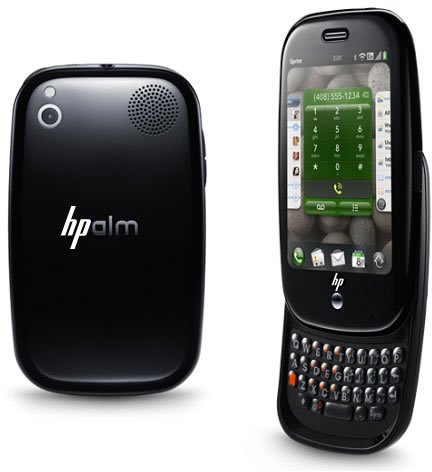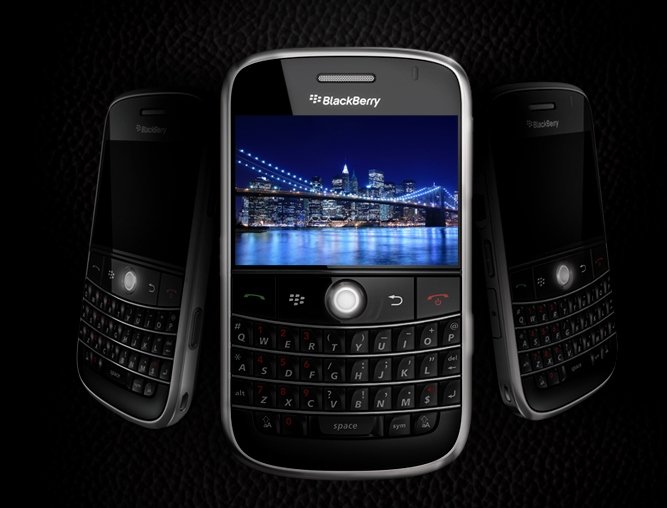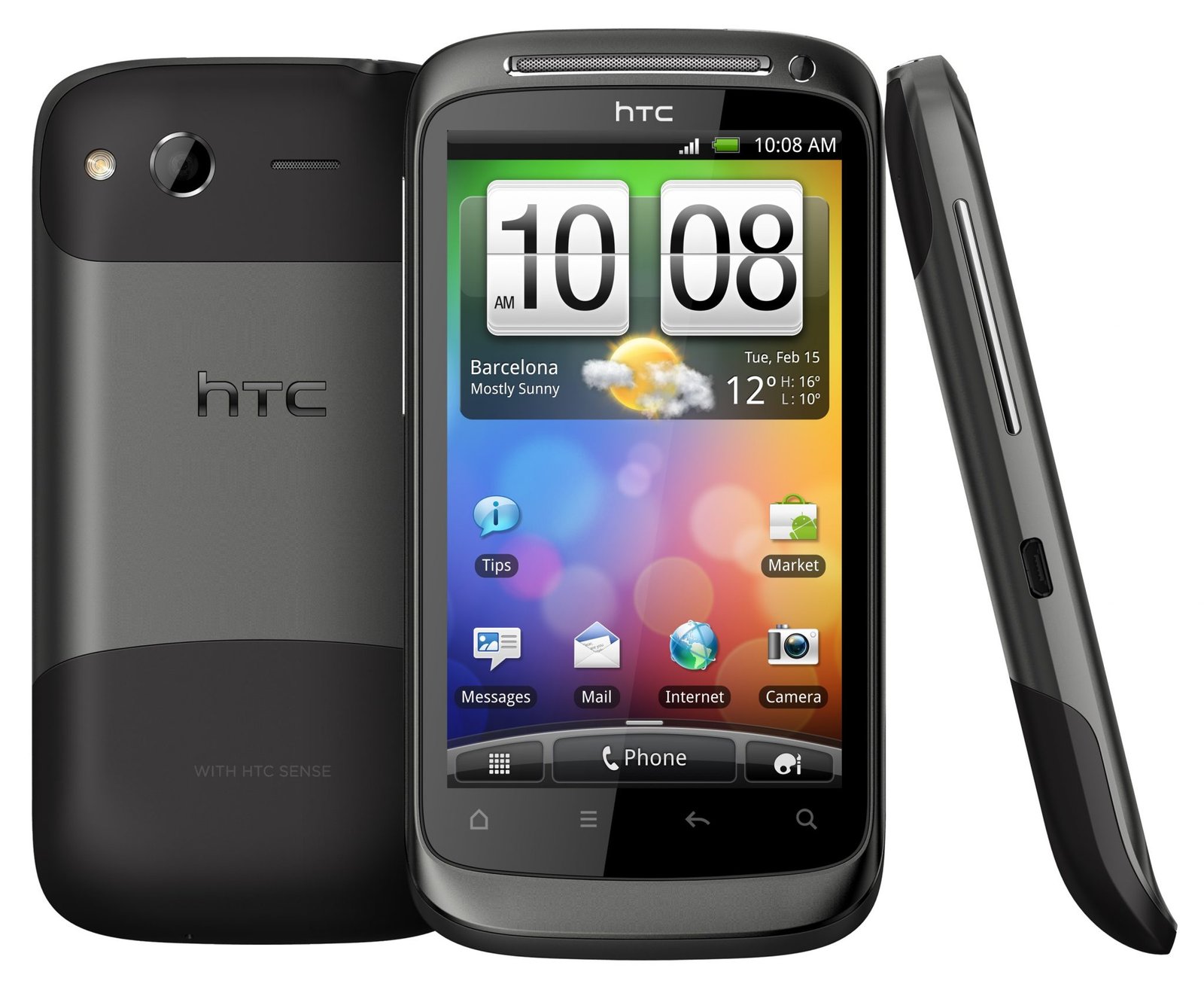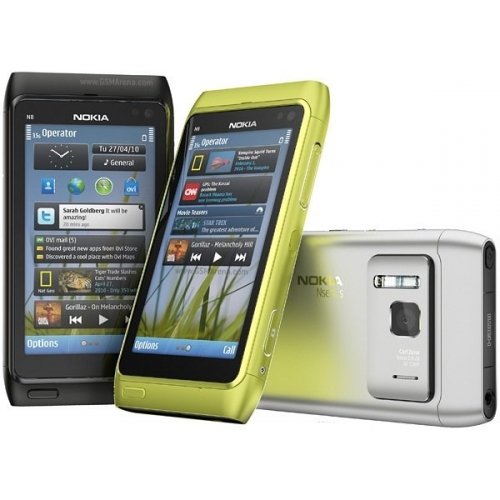Guest post by Rob Clymo
What phone to buy? That’s a commonly asked question for anyone looking to replace, upgrade or get their first ever smartphone but the range of different models can be a little bit overwhelming to get your head around.

People who know their phones tend to place a lot of emphasis on the operating system that runs the handset, and this can also be a great guide to deciding on which model to choose for your own needs. There are numerous different OS options to choose from and some are better than others, although it also depends on what you expect your handset to do too.
Where to start?

Apple, with its iPhone always wins people over, thanks in the main to the beautiful design and usability characteristics of the iPhone. However, the iPhone is an expensive bit of kit, but there’s no doubting that you get what you pay for. It offers an excellent mobile internet user experience and the operating system has now had most of its earlier glitches ironed out too. You also have the benefit of countless apps, all of which are approved before being made available, so they’re generally pretty reliable.

Meanwhile, webOS, which was devised to run on the original Palm handsets, makes for an interesting diversion if you’re looking for something different. Now owned by HP, the Palm Pre in its different versions makes for a cool handset that has an interface that is surprisingly enjoyable to use. It’s a bit of a rank outsider so the Pre range certainly brings with it plenty of curiosity value. However, you don’t get the same sort of apps that come with many operating systems.

BlackBerry has long been the favourite phone of business people and students alike, and that popularity is still growing. With a great range of durable handsets, many with the traditional QWERTY keyboard options on-board, the BlackBerry roster was recently topped off by the Torch, which was a funky looking power-packed smartphone that many felt was the best yet. Lots of functionality and a specification to match, this is perhaps the finest hour for BlackBerry.

Windows Phone 7 is the operating system that has replaced the old Windows Mobile OS and many users are were glad to see that go. In its place, the new version offers a much more simplistic experience, with some very enjoyable user interface options that allow you to dip in and out of email, social networking and mobile web browsing tasks with ease. It’s a lot more stable too, and performs to great effect on a handset like the HTC Mozart.

Android fans will find plenty to whet their appetites because the range of smartphones running this OS is growing by the day. HTC is one of the most prolific developers of phones and Android features on many of them. Check out the Desire S, Incredible S or, in fact, any of the other great models in this rapidly expanding range. Android offers stability, a great mobile broadband user experience and, in the case of the HTC Wildfire, delivers excellent value for money too.

Rather less popular these days is the Symbian operating system as used on many Nokia models. Despite the fact that this OS has become a little long in the tooth, and doesn’t offer much in the way of a dynamic user experience, it’s still serviceable enough. The Nokia N8 is a prime example of where things work best, and this is a fantastic handset to have if you’re on the lookout for a great camera. It has one of the best there is.
Don’t forget to ![]() Subscribe to our feed and
Subscribe to our feed and ![]() Follow us on Twitter or Facebook for updates.
Follow us on Twitter or Facebook for updates.
